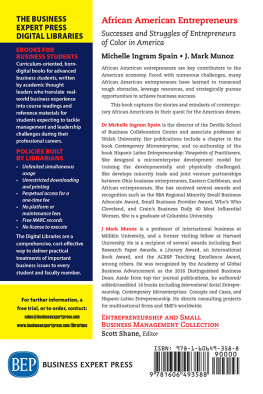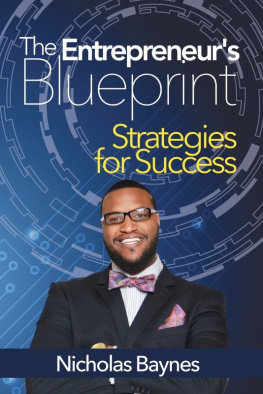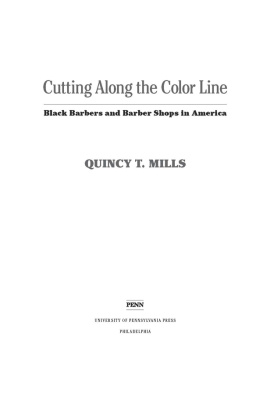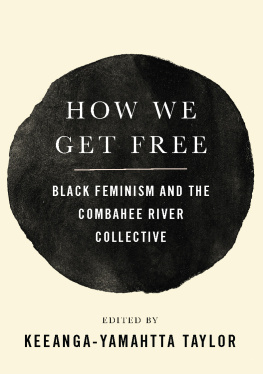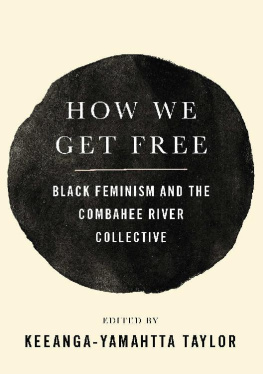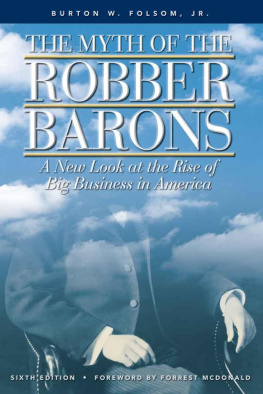Contents
Guide
Pagebreaks of the print version
From Head Shops to Whole Foods
Columbia Studies in the History of U.S. Capitalism
Columbia Studies in the History of U.S. Capitalism
Series Editors: Devin Fergus, Louis Hyman, Bethany Moreton, and Julia Ott
Capitalism has served as an engine of growth, a source of inequality, and a catalyst for conflict in American history. While remaking our material world, capitalisms myriad forms have alteredand been shaped byour most fundamental experiences of race, gender, sexuality, nation, and citizenship. This series takes the full measure of the complexity and significance of capitalism, placing it squarely back at the center of the American experience. By drawing insight and inspiration from a range of disciplines and alloying novel methods of social and cultural analysis with the traditions of labor and business history, our authors take history from the bottom up all the way to the top.
Capital of Capital: Money, Banking, and Power in New York City , by Steven H. Jaffe and Jessica Lautin
Creditworthy: A History of Consumer Surveillance and Financial Identity in America , by Josh Lauer
From Head Shops to Whole Foods
The Rise and Fall of Activist Entrepreneurs
Joshua Clark Davis

Columbia University PressNew York
Columbia University Press
Publishers Since 1893
New YorkChichester, West Sussex
cup.columbia.edu
Copyright 2017 Columbia University Press
All rights reserved
E-ISBN 978-0-231-54308-8
Library of Congress Cataloging-in-Publication Data
Names: Davis, Joshua Clark, author.
Title: From head shops to whole foods : the rise and fall of activist entrepreneurs / Joshua Clark Davis.
Description: New York : Columbia University Press, [2017] | Series: Columbia studies in the history of U.S. capitalism | Includes bibliographical references and index.
Identifiers: LCCN 2016050678 (print) | LCCN 2017011171 (ebook) | ISBN 9780231171588 (cloth : alk. paper)
Subjects: LCSH: Business enterprisesPolitical aspectsUnited StatesHistory. | Small businessPolitical aspectsUnited StatesHistory. | EntrepreneurshipPolitical aspectsUnited StatesHistory. | Social movementsEconomic aspectsUnited StatesHistory. | Business and politicsUnited StatesHistory.
Classification: LCC HD2785 (ebook) | LCC HD2785 .D33 2017 (print) | DDC 322/.30973dc23
LC record available at https://lccn.loc.gov/2016050678
A Columbia University Press E-book.
CUP would be pleased to hear about your reading experience with this e-book at .
Cover Design: Noah Arlow
For my mom and dad
Contents
There is no way I can acknowledge and thank all the people who have contributed to this project since I began it more than a decade ago, but I will do my best. Any omissions I make here are entirely my own fault.
Peter Filene could not have been a more supportive and generous adviser. Over six years of writing and research, Peter gave me invaluable comments, revisions, feedback, and ideas I needed to complete the first major draft of this work. Just as importantly, I was very fortunate that Peter believed in the value of historical research on very unconventional topicsincluding natural foods stores, drugs, and head shopswhen many historians suggested to me that such topics could not or should not be researched. Jacquelyn Hall, Bill Ferris, John Kasson, Jerma Jackson, and Bill Chafe gave me ample support and insight. Their wonderful blend of approaches to understanding the pastthe history of social movements, American studies, African American history, labor history, folkloreallowed me to write a book that connects many fields that typically remain unconnected.
Friends and colleagues, of course, have been just as important in completing this work. Over the years, a number of them have read and commented on drafts or simply discussed ideas with me, including Jim Berkey, Angus Burgin, Asher Burk, David Cline, Catherine Connor, Marko Dumani, Marcie Ferris, Raphael Ginsberg, Paige Glotzer, Will Griffin, Elizabeth Gritter, Emily Hilliard, Mischa Honeck, Seth Kotch, Michael Kramer, Joseph Lacey, Jessica Levy, Jan Logemann, Gordon Mantler, Michael Meng, Kelly Morrow, Betsy Nix, David Palmer, Robin Payne, Peter Pihos, Brad Proctor, Jason Perlmutter, Kerry Taylor, Mary Turnipseed, and Brandon Winford. My dear friend Andrew Bell would have loved to see this work in print if he were still with us.
At conferences and presentations, I have been very fortunate to get feedback from a number of very insightful panel chairs and commenters, including Nathan Connolly, Sara Evans, David Farber, Larry Glickman, John McMillian, Derek Musgrove, Natalia Petrzela, and Russell Rickford. Christopher Dietrichs comments on and suggestions for various chapters, especially the introduction and conclusion, were invaluable. Anonymous reviewers at The Sixties: A Journal of History, Politics, and Culture gave me very constructive feedback for my work on head shops, as did Jeremy Varon in his capacity as editor.
I could not have completed this book without the unceasing help of the library staffs of the University of North Carolina at Chapel Hill, Duke University, and the University of Baltimore. A number of research assistants have also helped me tremendously with this work, including Lyndsay Bates, Susannah Roberson, and Liz Tompkins. Sarah Summers did an excellent job transcribing several oral histories I used for this book. I have also been very lucky to have institutional support at various times from the University of Baltimore; the Center for the Study of the American South and the Southern Oral History Program at the University of North Carolina, Chapel Hill; and the Thompson Writing Program at Duke University. My colleagues at the University of Baltimore have been incredibly supportive as I complete this manuscript.
A number of small businesses I patronized over the years inspired my thoughts on this topic and, although I was not aware of it then, gradually led me to write this study. As a teenager in Decatur, Georgia, outside Atlanta, I made regular visits to the black-owned record store Vibes Music and More operated by Jae Majiq Warren and to glorified head shops such as Junkmans Daughter. I also discovered vendors selling Afrocentric goods and black-nationalist books in flea markets such as the Mall in downtown Atlanta. Years later, as I began my graduate studies in history, I found myself wondering where these businesses came from and what their histories were. In the process of writing this book, I visited activist businesses founded in the 1960s and 1970s that are still operating as of 2017: Charis Books & More and the Shrine of the Black Madonna in Atlanta, Rainbow Grocery in Decatur, Marcus Books in San Francisco and Oakland, and OK Natural Foods in Baltimore. These stores have defied the odds and stand as testaments to a previous era of activist business that stretches back more than half a century. In Baltimore, I have spent countless hours eating, writing, reading, and drinking coffee at Red Emmas, a radical bookstore and caf that epitomizes the best of what the new generation of activist businesses has to offer. I have also shopped at Whole Foods Market, where I have had nothing but positive experiences with the companys hard-working and kind employees. Anyone who reads this work should realize that my criticisms are not directed at the vast majority of the people employed at Whole Foods but rather at the companys executives, especially founder John Mackey.



